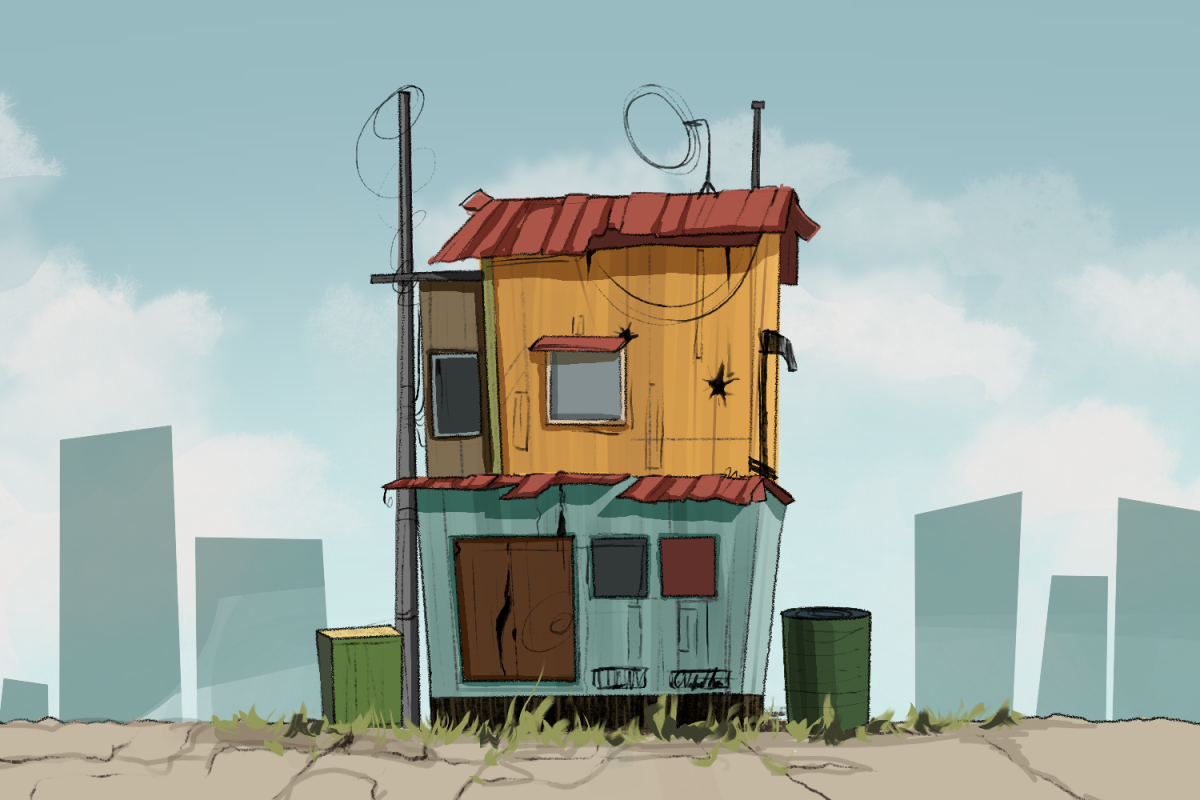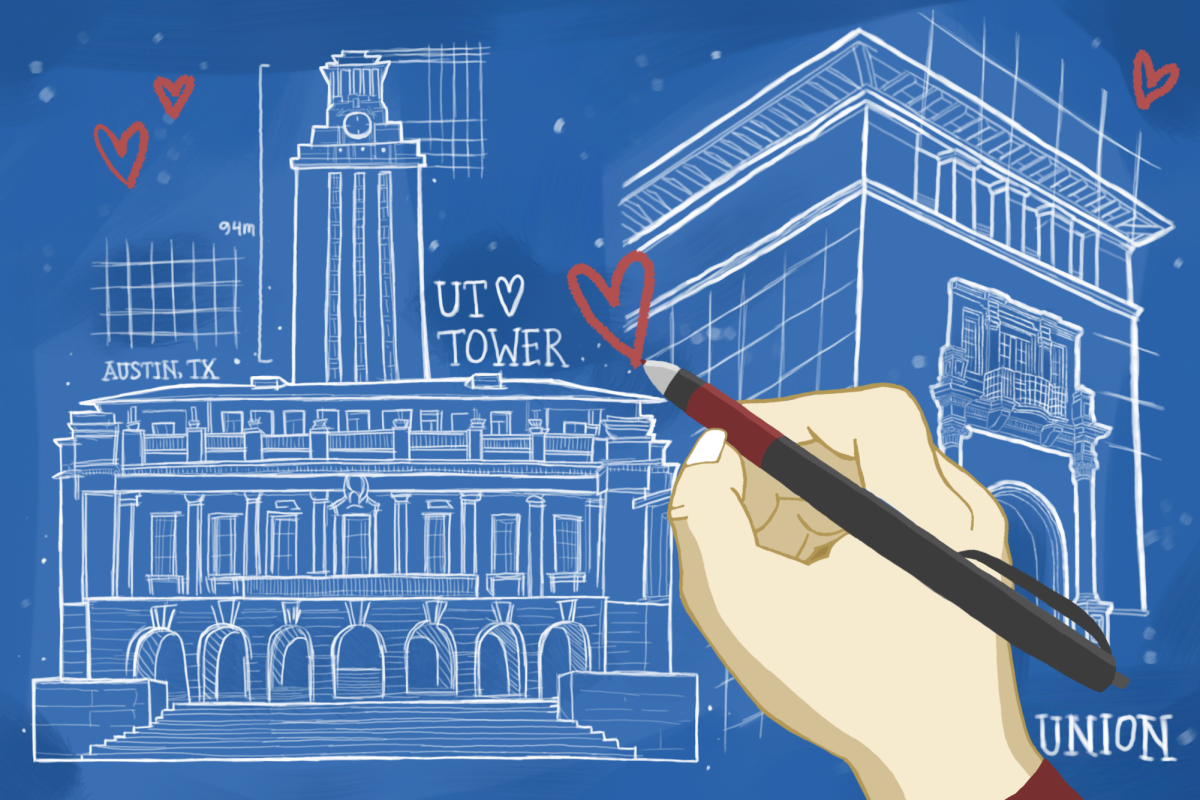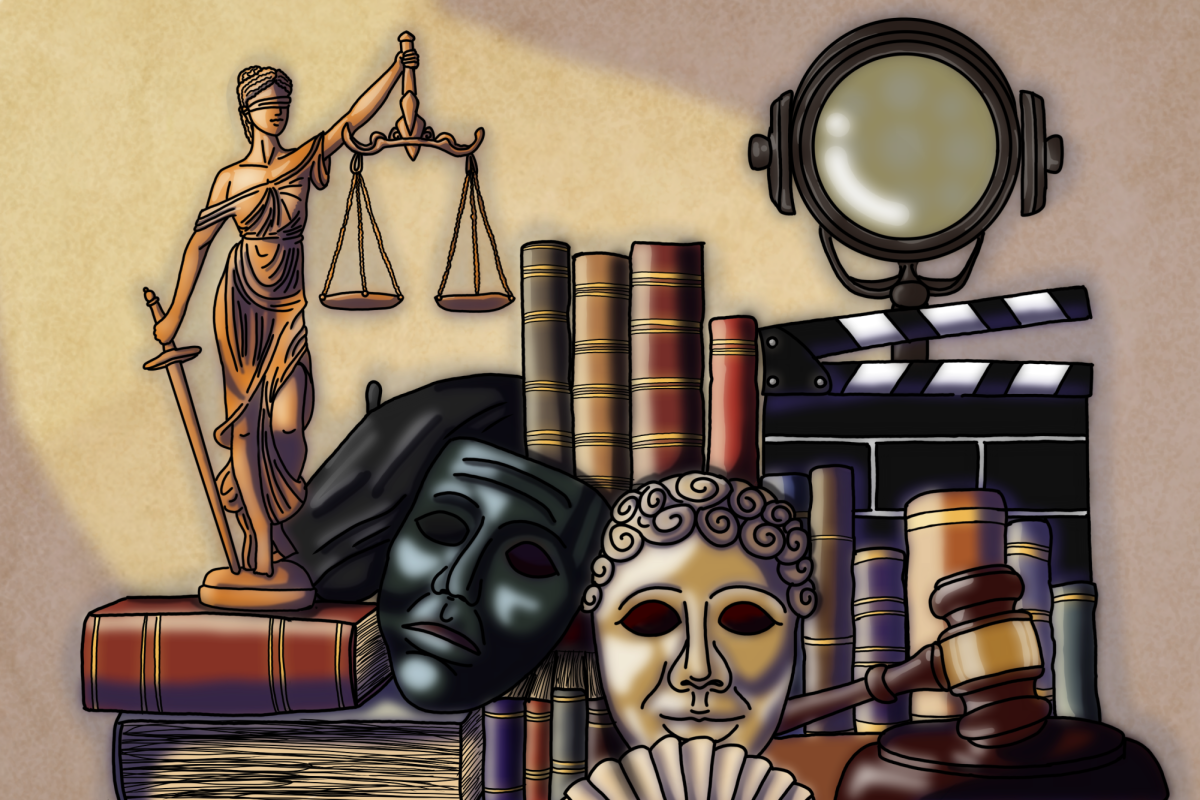I attended my first Red River Rivalry game in October of last year. After the Longhorns’ unexpected victory, while wandering the state fairgrounds, for every excited UT fan I saw, I also saw an OU fan upset by the Longhorns’ unexpected victory, and far too many of them were both angry and drunk — a potent combination enabled by the alcohol readily available at the Cotton Bowl. I expected bickering from students, but, when I saw heated exchanges between alums in their ’30s and ’40s, I knew that alcohol had to be the culprit.
Consequently, I’m less than thrilled about the University’s recent decision to sell beer and wine at sporting events. Alcohol brings out the worst in people, and fans are no exception.
According to findings from a study by Harvard School of Public Health on college drinking, published in 2001 (making it a little bit outdated, but still worthwhile), 53 percent of sports fans usually engage in binge drinking. This makes them more susceptible to committing or being the victim of alcohol-fueled crimes. Sure, many students binge drink before the game or sneak flasks into the stadium already. But selling alcohol on the premise both allows them more access to alcohol and condones their drinking in public.
Granted, not everyone drinks at games. But those who don’t drink are also affected by alcohol-related problems. The aforementioned study, which surveyed more than 14,000 college students at 119 nationally representative four-year colleges in 39 states, found that students at schools where at least 40 percent of the survey respondents described themselves as fans were more likely to fall prey to the secondhand effects of others’ binge drinking, such as disruption of sleep, property damage and verbal abuse.
Some universities, such as West Virginia University, have, however, successfully decreased the number of game-day alcohol related incidents by implementing alcohol sales at sporting events.
According to West Virginia University Police statistics in the Daily Texan, their University saw a 35 percent decrease in the number of game day alcohol-related incidents after authorizing the sale of alcohol at sporting events. But WVU doesn’t allow fans to leave the stadium and come back by showing their ticket stub, which Longhorn fans can do Darrell K Royal-Texas Memorial Stadium. By implementing this policy, WVU has more control over how much alcohol their fans consume as compared to UT, since UT has no such policy restricting fans from returning to their tailgate during the game.
Since our University lacks such a policy, there should be more precautionary measures by police to help monitor fan behavior. Sadly, according to UTPD spokeswoman Cindy Posey, UTPD will not increase the number of police patrols for games but will closely monitor sporting events for increases or decreases in safety issues. Like UTPD, the Austin Police Department hasn’t planned any changes in game-day patrols.
“It’s not going to change the way we do business,” APD senior police officer Veneza Bremmer told KVUE.
According to Athletic Director Steve Patterson, the decision was made to “enhance the fan experience” rather than to generate more revenue. My question to Patterson, assuming I really believed his claim, would be, “which fans’ experience is he aiming to enhance:” the fans who genuinely care about the successes and failures of our athletic teams or those that show up just as an excuse to tailgate and binge drink?
Johnson is a journalism junior from DeSoto.





















